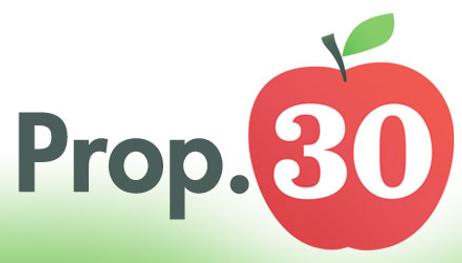The community college has traditionally been seen as a second-rate postsecondary education – the 13th grade, according to some high school seniors. However, numerous changes to the system and the economy have dramatically altered the ways these institutions are viewed today. Students are now using community colleges as viable stepping stones for four-year degrees or rewarding careers. Even students that have earned their baccalaureate are returning to community college to pursue practical career training. Statistics appear to be supporting the idea that community college has become an accepted mode of higher education used to help students reach their goals.
This video offers transfer advice for community college students.
Studies Support Community College Start
The Cavalier Daily reports on recent findings from the National Student Clearinghouse involving four-year completion rates for community college students. The results showed the majority of students who transferred from a community college to a four-year school finished their baccalaureate degree. This negates previous concerns that community college students were less apt to succeed in their pursuit of four-year degrees.
According to Inside Higher Ed, the National Student Clearinghouse found that 60 percent of community college students who transferred to four-year schools earned a bachelor's degree within those four years. Students that earned their associate degree prior to transfer performed even better, with 71 percent earning a four-year degree during that same time frame. Additional community






















